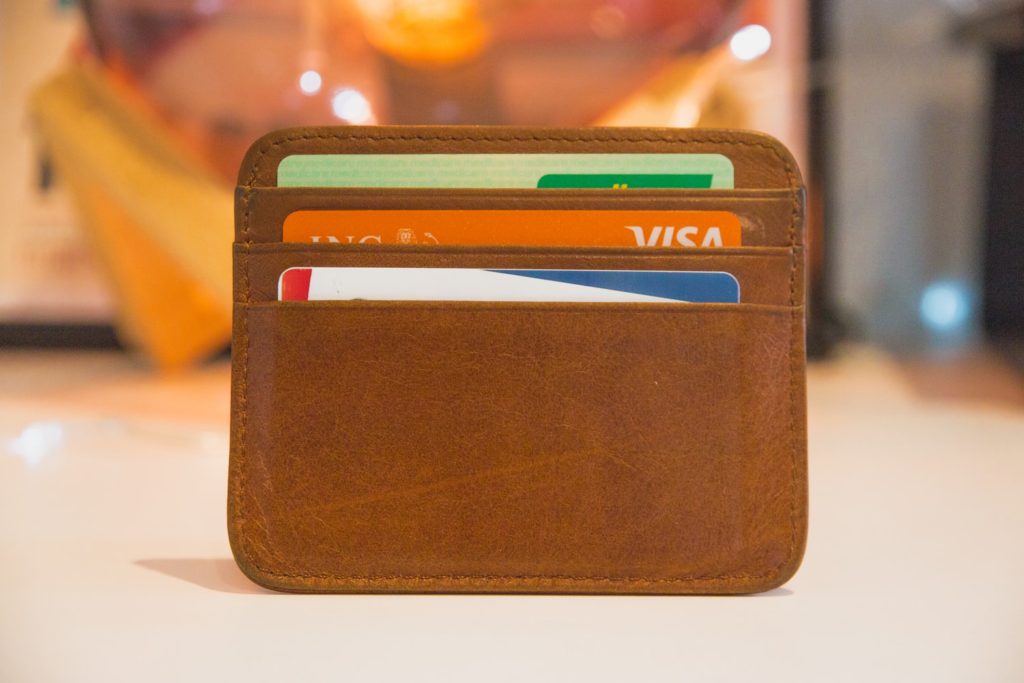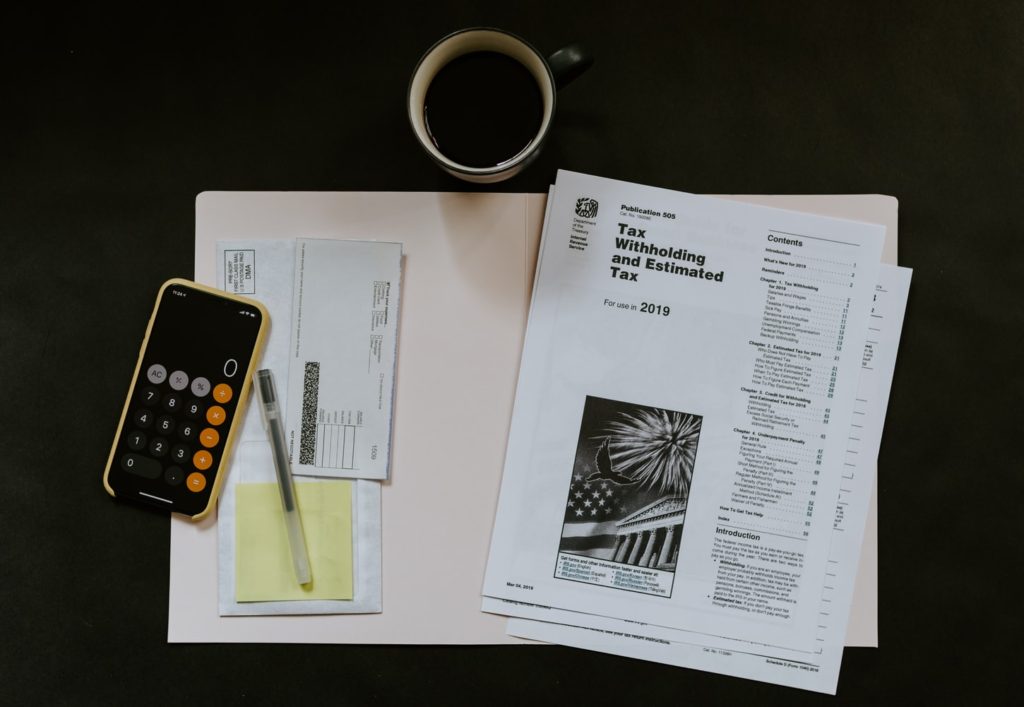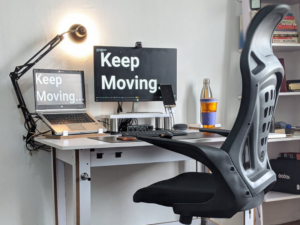The way you save money and budget as a freelancer is completely different from how you would if you were in a 9-5 job. It requires you to be even more forward-thinking. So here are some tips on how to save money as a freelancer.
1. Think Two Months Ahead
Freelancers incomes often fluctuate- sometimes quite dramatically. This means that we need to be thinking in advance more than the average worker.
When you receive payment, after prioritising the necessities like rent, you should then be thinking to save a decent amount of money, in case the next month or next two months your income is significantly lower.
For example if you get paid a big cheque in April- this income should be able to last your for the next few months, if you’re really serious about saving money as a freelancer.
2. Cut down on unneeded expenses

Assess what expenses you are making on a regular basis. Do you really need that gym membership? Do you need that coffee from Costa every week?
If you are regularly cashing out on things that aren’t necessary, these things add up. Cut them out if you don’t need it and are trying to effectively budget as a freelancer.
3. Learn To Calculate Tax Estimates
The tax man does not come to play! So the last thing you want is to be at the time where it’s time to pay tax, and you have no money.
To help prevent yourself from getting in this position, try to estimate how much you usually make as a freelancer on an annual basis and save money accordingly to this every month.
In the UK, HMRC also has an option where you can pay direct debit weekly a contribution towards your National Insurance.
Saving money with the view of taking care of your taxes, helps you from running into trouble with your taxes. Finmo is a free tax app that helps you with this.
4. Understand what is tax deductable

Assessing your income and what parts of it are tax deductible is also another great way to save money as a freelancer. Charity donations and work expenses are all tax deductable.
So make sure to include these in your self-assessment when it comes around that time for you to file it! Take note of your expenses throughout the year to make this process much easier.
5. Increase your rates to save money as a freelancer
As you develop your skillset as a freelancer, this should also be reflected in your rates. The more value you bring to your clientele, the more you are able to increase the value in price that you charge.
This, in turn, means you can therefore save more money- or at least be more consistent in the amount of money you save as a freelancer.
6. Work In Free Working Spaces

You don’t always have to work from home to save money. There is a range of free spaces that you can work in. Granted, at the moment it may be difficult due to COVID restrictions, but once these are lifted, you can work in a range of places.
No need to hire a co-working space just because you want to work outside of your home. Have a browse of this post to see what other free working space options there are for you (in a post-pandemic world).
7. Meal Prep
Preparing food in advance means that you always have a meal ready to eat and you’re less likely to fall into the pressure of ordering a takeaway when you’re hungry, tired, and can’t be bothered to cook.
You can cook meals on bulk on a Sunday, for example for the next two or three days in the week you may be working and then cook another batch in the middle of the week. It’s a double whammy as it saves both your time and money!
8. Purchase Annually
Annual subscriptions for software, for example, work out cheaper than monthly payments. You save more money in the long term. Try to budget effectively so that you can pay annual subscriptions in one go rather than it adding up to more at the end of the year through monthly payments.
9. Create a spending delay rule
If you are trying to budget, create a rule where if you see a product you want to purchase that is more than £20, for example, delay buying it for 30 days.
Then at the end of the 30 days, you can review if you still want/ need to buy it.
Sometimes we can get into the habit of buying things impulsively. Creating a spending delay rule can help you save money from these tempting impulsive purchases.
10. Apply For Financial Help
Since the pandemic, there have been various financial schemes, both from the government and independent organisations designed to help those who have suffered during the pandemic.
For example, the UK Government have the Self Employed Income Support Scheme Grant. Wherever you are located, it may be worth checking what support is available for you.
11. Regularly Track Your Outgoings and Ingoings
Making a habit of tracking your outgoings and in-goings, helps you understand better how much money you actually have in your account, your spending habits, and also is a visual reminder of how much you can afford to spend.
I hope these tips help you to save money as a freelancer.


